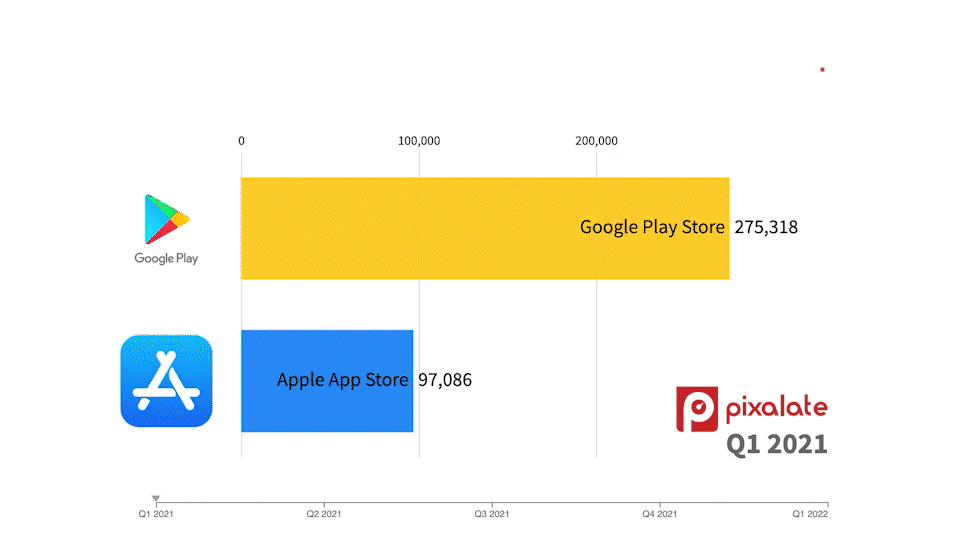
This week's review of ad fraud and privacy in the digital advertising space.

Pixalate published its findings on a major downtick in the number of apps delisted from the Google Play and Apple App stores in the first three months of 2022, in comparison to the last quarter of 2021.
Pixalate also made available its list of the top 100 apps delisted from each store, which is available for download here.
Last week, Pixalate’s Vice President of Business Development Calvin Scharffs and Vice President of Product Management, Amit Shetty, hosted a webinar concerning how Pixalate helps Amazon DSP customers protect against ad fraud.
The webinar focused on how Pixalate helps Amazon DSP fight ad fraud with product compatibility for Amazon DSP. Shetty described the current issues that advertisers face when dealing with Invalid Traffic (IVT). Pixalate is excited to offer this new service during a free trial period for Amazon DSP customers.

MediaPost reported that lawyers for young YouTube members are attempting to persuade an appeals court to reexamine claims levied against YouTube claiming that it has violated California privacy laws by tracking minors for advertising purposes.
The lawsuit is based on “a California law regarding ‘intrusion upon seclusion’ -- a broad privacy concept that involves ‘highly offensive’ conduct. They add that the federal children's privacy law was never intended to deprive children ‘of longstanding state law protections.’”

The New York Times published a report tracking the EU’s enactment and rollout of sweeping privacy regulations including “far-reaching regulations to curb the dominance of the tech giants and [on April 16th] reached a deal on new legislation to protect its citizens from harmful online content.”
The article highlighted how the U.S. Congress hasn’t “passed a single piece of comprehensive legislation to protect internet consumers and to rein in the power of its technology giants.”

An article from Apple Insider details a report Apple recently released, “Mobile Advertising and the Impact of Apple’s App Tracking Transparency Policy” counters claims made against Apple that “Apple implemented App Tracking Transparency to bolster its own advertising business while snarling competitors.” Two points made in Apple’s defense were that Apple completely forgoes third-party data for its own advertising purposes and that Apple’s own apps often have stronger privacy features than its own requirements for outsider developers’ apps.
*By entering your email address and clicking Subscribe, you are agreeing to our Terms of Use and Privacy Policy.
These Stories on Weekly Recaps
*By entering your email address and clicking Subscribe, you are agreeing to our Terms of Use and Privacy Policy.

Disclaimer: The content of this page reflects Pixalate’s opinions with respect to the factors that Pixalate believes can be useful to the digital media industry. Any proprietary data shared is grounded in Pixalate’s proprietary technology and analytics, which Pixalate is continuously evaluating and updating. Any references to outside sources should not be construed as endorsements. Pixalate’s opinions are just that - opinion, not facts or guarantees.
Per the MRC, “'Fraud' is not intended to represent fraud as defined in various laws, statutes and ordinances or as conventionally used in U.S. Court or other legal proceedings, but rather a custom definition strictly for advertising measurement purposes. Also per the MRC, “‘Invalid Traffic’ is defined generally as traffic that does not meet certain ad serving quality or completeness criteria, or otherwise does not represent legitimate ad traffic that should be included in measurement counts. Among the reasons why ad traffic may be deemed invalid is it is a result of non-human traffic (spiders, bots, etc.), or activity designed to produce fraudulent traffic.”

